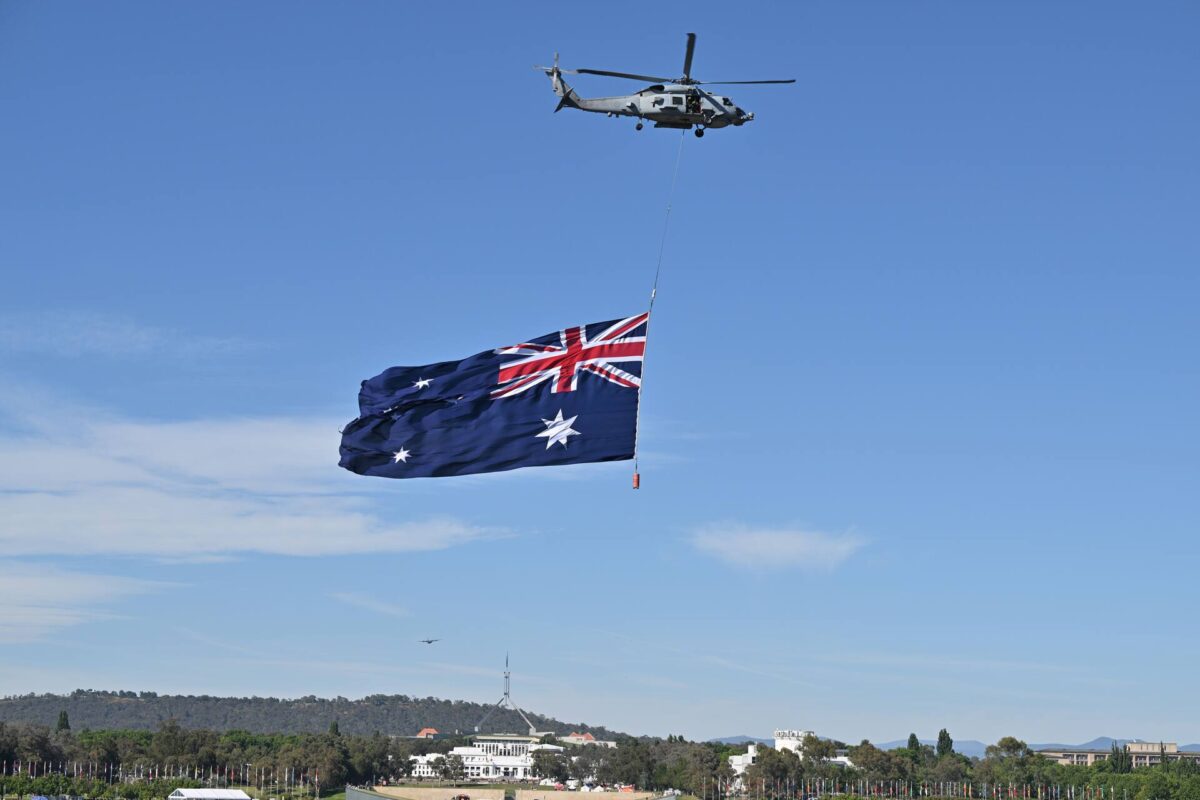Kevan, an Armenian immigrant from Iraq, became an Australian citizen on Australia Day a few years ago. Since then, he had been trying to understand and embrace the cultural significance of this day. He asked a neighbor for advice on how to hold an Australia Day barbeque, believing that it was a compulsory activity. However, he was informed that it was not mandatory and that the neighbor’s family had never held an Australia Day barbeque in their 70 years in the country.
The conversation between Kevan and the neighbor shed light on the different perspectives and emotions associated with national flags. Kevan explained how the Iraqi flag symbolized oppression and displacement for his people, while the Armenian flag represented hope and resilience. When asked about the Australian flag, Kevan expressed respect for it as the flag of the country that provided his family with a home.
The neighbor also shared the experiences of other immigrants in the community, each with their own unique perspectives on national flags and holidays. These diverse experiences highlighted the complex relationship between immigrants and the symbols of their adopted country.
Ultimately, the neighbor emphasized that it is the willingness of people to engage with each other, respect diverse identities, and embrace multiculturalism that truly makes a country great. Rather than focusing solely on national symbols and holidays, it is the open-hearted engagement and broad embrace of all members of the community that defines the spirit of the nation.
In conclusion, the neighbor proposed that every day of enthusiastic engagement and respect for diversity should be regarded as Australia Day. This perspective reflects the ideal of inclusive and multicultural society, where the people, rather than the symbols, define the greatness of a nation.
#AustralianFlag #AustraliaDay #Multiculturalism #NationalIdentity #FlagsAndFeelings
